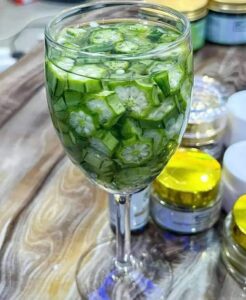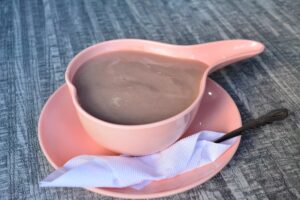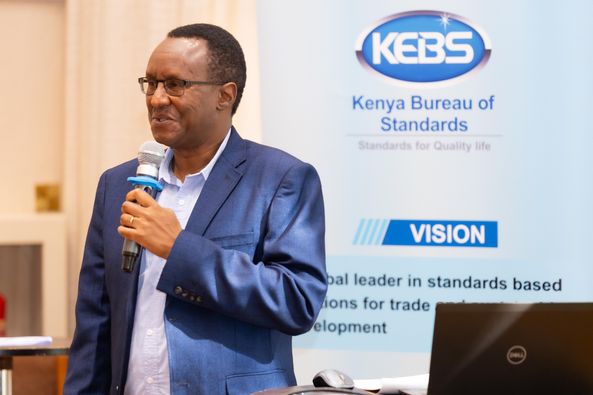The Kenya Bureau of Standards (KEBS) is looking into the safety of Uji Power and Okra following concerns about their authenticity and health effects. These products have gained popularity, especially among young Kenyans, who believe they can improve female sexual health.
At a media workshop in Naivasha, KEBS Director of Market Surveillance, Peter Kaigwara, addressed questions about the safety of these products. He announced that KEBS would investigate immediately to ensure they meet required standards.
Kaigwara instructed his team to test the products and share their findings with the public to ensure transparency and safety.
“Market surveillance is done to ensure that consumer goods comply with technical regulations for a healthy and safe environment and to promote fair trade.” Peter Kaigwara, Director of Market Surveillance during the media engagement.
Okra, a vegetable popular in Asia and Western Africa, is believed to have health benefits like lowering blood cholesterol levels and protecting the heart from inflammation. Some women claim it enhances sexual health, sparking discussion on social media.

Many have come out to give their testimonies of using the said water while others claim it is just a scam. This has caused an online uproar in the past weeks with the vegetable now gaining a market demand.
Uji Power is a traditional porridge known for boosting immunity and providing energy. It contains ingredients like arrowroots, sweet potatoes, milk, groundnuts, sugarcane juice, and cassava. Sold in a calabash, its price ranges from Ksh50 to Ksh100, depending on location and season.

Henry Maina, Director at the Anti-Counterfeit Authority, advised consumers to learn how to distinguish authentic products from substandard or fake ones. Understanding the features of genuine products can help detect counterfeit items and ensure consumers’ safety.
“To effectively identify counterfeits, consumers should familiarize themselves with the distinguishing features of authentic products. Such features will help in detecting discrepancies or omissions that may indicate a counterfeit item,” Henry Maina Deputy Director Anti-Counterfeit Kenya.

